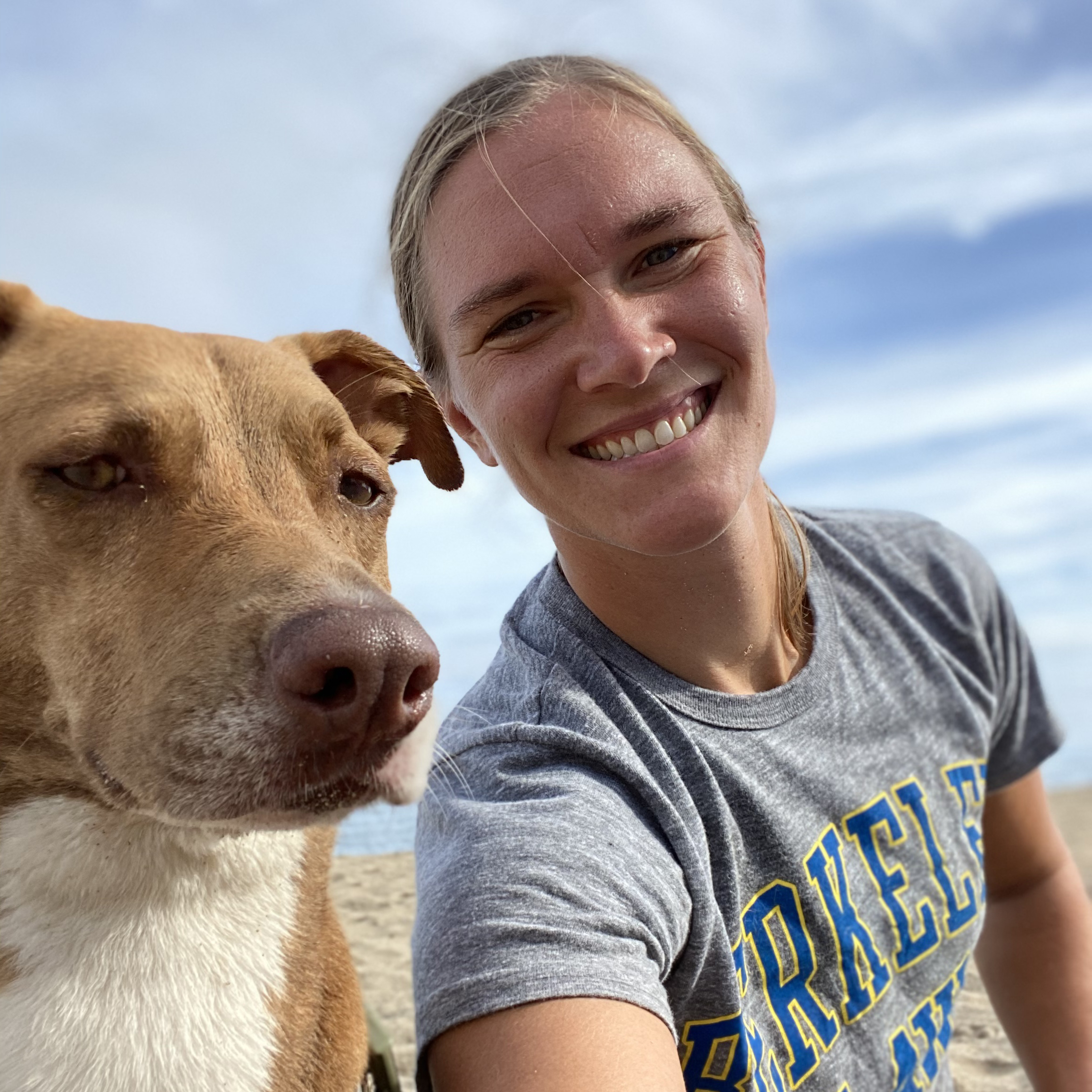 Education: Centre College, KY; Xavier University, OH; University of Hawai‘i at Mānoa William S. Richardson School of Law (JD); United States ARMY
Education: Centre College, KY; Xavier University, OH; University of Hawai‘i at Mānoa William S. Richardson School of Law (JD); United States ARMY
Zooming in from: O’ahu, Hawai’i
The X-Files was a huge part of my life when I was little. I wanted to grow up to be a hybrid of Scully and Mulder. I knew the FBI looks favorably on people who are veterans, so, I was like, “The Army will be perfect. That will help me get in and become Scully!” I found out later that’s not a real thing, but that was my dream until I went to Afghanistan.
After college I joined the Army and served four years as a transportation officer. I was stationed at the third largest logistics hub in Afghanistan during the 2010 surge. We were in control of everything that moved in and out of there, building supplies, ice cream, Christmas trees, lumber, tanks, toilet paper, etc. We also had to make sure all the supplies were moving throughout the country to support operations.
My husband was also in the Army, and he was stationed in Hawaii doing air defense artillery. So when I was in officer training he was looking for housing for us and he had always wanted to live on a boat, so he said, “Hey. Would you be okay living on a boat for a little while?” I said, “I don’t care. I’m just trying to survive bootcamp right now. Please just get us somewhere to live.” So we’ve lived on a boat since 2008. We started off on a sailboat, and now we are on a large powerboat. I’ve got my own office, we’ve got two different cabins. It’s a great space. It’s the best and cheapest way to live on the waterfront in Hawaii.
While I was in Afghanistan I was studying for the MCAT because I was thinking about going to medical school. But I was constantly handling contracts and analyzing regulations and I realized I was way more into that side of things than the idea of sewing up wounds. We knew that Hawai’i was our place, so I only applied to Richardson [University of Hawai‘i at Mānoa William S. Richardson School of Law].
I was very concerned that my military background wouldn’t transition well to the civilian side of life. But in logistics you interact with so many different people because everyone needs supplies. So law school wasn’t as much of a challenge as I thought it would be. Time management and leadership skills are a huge part of the military. I was often weeks ahead in the reading, where some classmates were scrambling to finish before class. I was on almost every committee there was at the law school because I knew how to talk with people and identify and manage the steps needed to achieve what needed to be done. That, to me, was just an awesome translation of skills that I think really made my law school experience much better. Also, many people find the deadlines and pressure in law school and practice very stressful. But folks in the military have experience performing in literal life-and-death situations. I don’t panic like other people might, because I’ve been in worse situations. That turned out to be a big asset as a law student and litigator.
During law school I developed close mentoring relationships with Professors Eric Yamamoto (a Berkeley Law alum) and David Cohen (a former Berkeley Law professor). They set me on the path towards international criminal law. Prof. Cohen offered me an internship during my 2L summer that took me to Cambodia and Senegal to work on transitional justice initiatives. During that summer, I worked with Reed Brody (the “dictator hunter”) from Human Rights Watch in Senegal. I also worked with Prof. Cohen on maritime security issues through his ASEAN Law and Integration Center. That led me to a bunch of international speaking engagements and a fellowship in the Philippines.
When I returned to Hawai’i I wanted to actually learn how to practice the law, so I went to a mid-size litigation firm. At the same time, Richardson needed someone to cover a litigating intellectual property course for the semester. I had two trials going on at the same time, a bench trial on Maui and a jury trial on the Big Island. My life was crazy, but I thrived in teaching the class. The thrill of trial was awesome, but getting to teach these students about what practical things they need to learn for the law, that’s what I looked forward to most. Again, mentoring and training people are important skills in the Army, so it’s really what I’m passionate about, and teaching that class proved that to me.
I talked to Prof. Yamamoto about wanting to become a professor, and he encouraged me to look at Berkeley and try out the LL.M. program before deciding whether to commit to three to five years for the Ph.D.
I’m doing the thesis track and the Certificate in Law and Technology. I love my classes. Everybody is so engaged and the faculty are so dynamic. I’m taking patent litigation, and we’ve got three practitioners and their associates that come in every week and give us real time tips about what you should be doing in practice. That kind of exposure is just priceless because I don’t have that out here in Hawai’i.
Something I’ve been loving about “Zoom law school” is that people are so generous with their time. Every student and professor genuinely wants you to reach out to connect and talk. I’ve built a network of people around the world that I can’t wait to meet after the quarantine time is over. Also the variety and high quality of speakers the law school has been able to bring online for us has just been stellar because we’re getting these amazing folks who wouldn’t normally be able to fly out to California, hangout for an hour event, and then fly back.
It’s also pretty awesome to be sitting on the back of a boat and taking classes as the sun rises or sets over the marina. I go on hikes with my dog every morning and she hunts feral cats and mongoose. Her joy of being out in nature just resets everything for me and we get to see amazing parts of this beautiful island (check out their adventures on Instagram @kakiv7). I honestly couldn’t imagine a better way to go to law school.
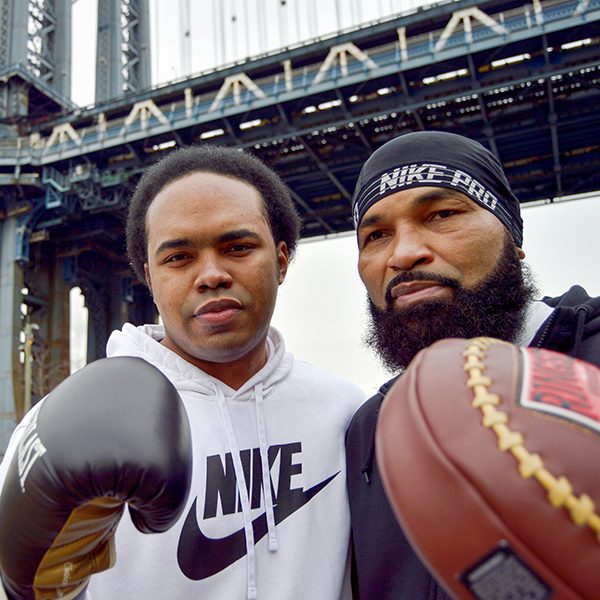 Education: Trinity College, Fulbright ETA Program
Education: Trinity College, Fulbright ETA Program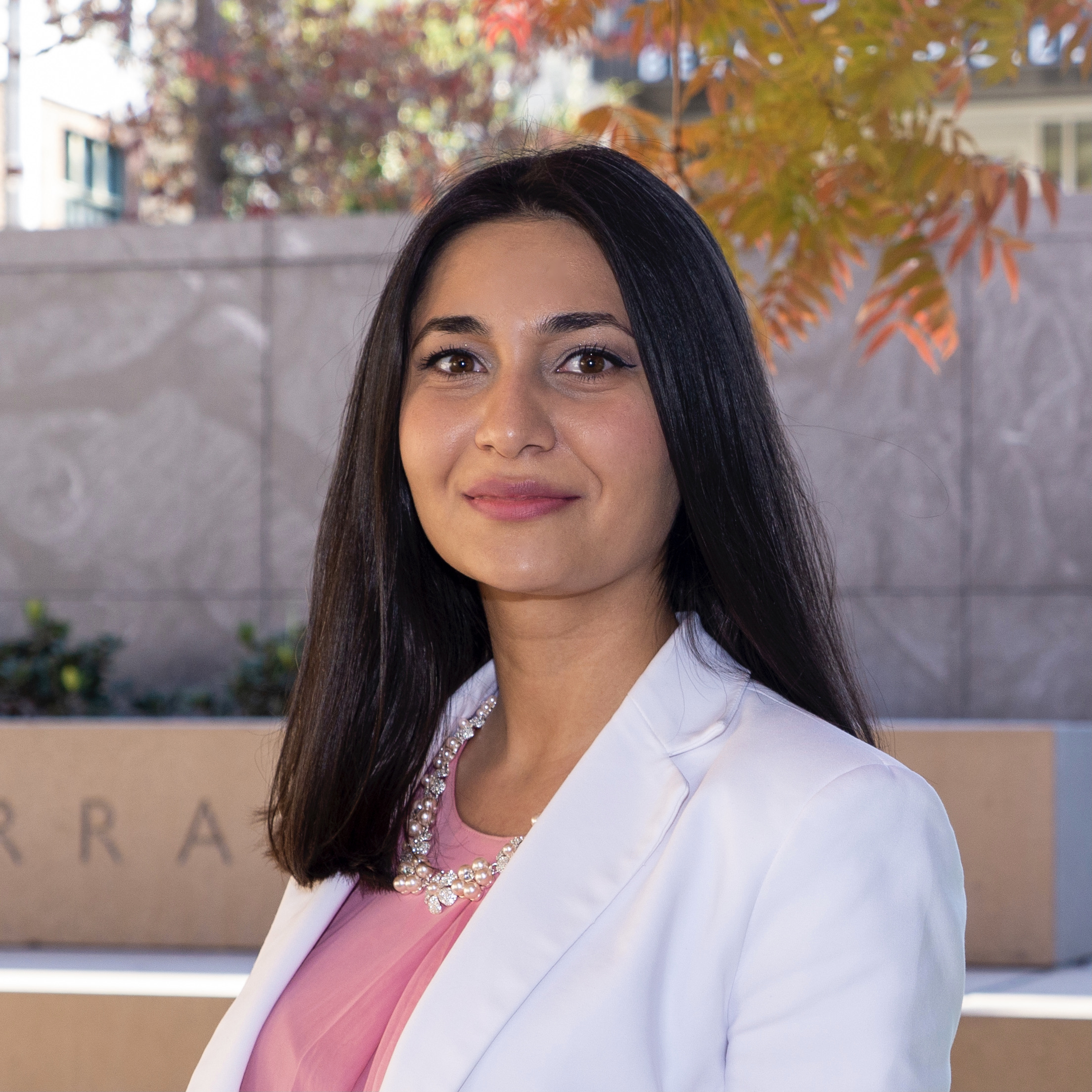 J.S.D candidate
J.S.D candidate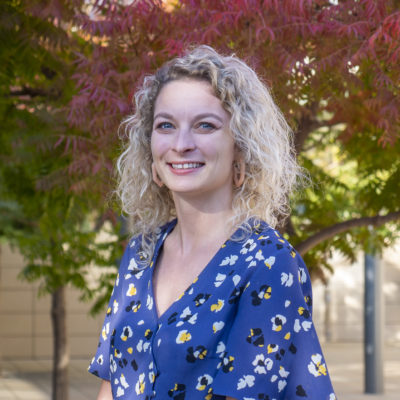
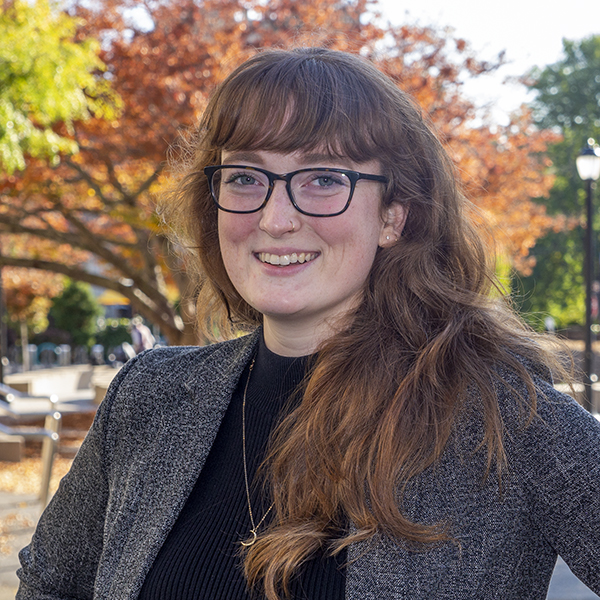 Education: American University (B.A.)
Education: American University (B.A.)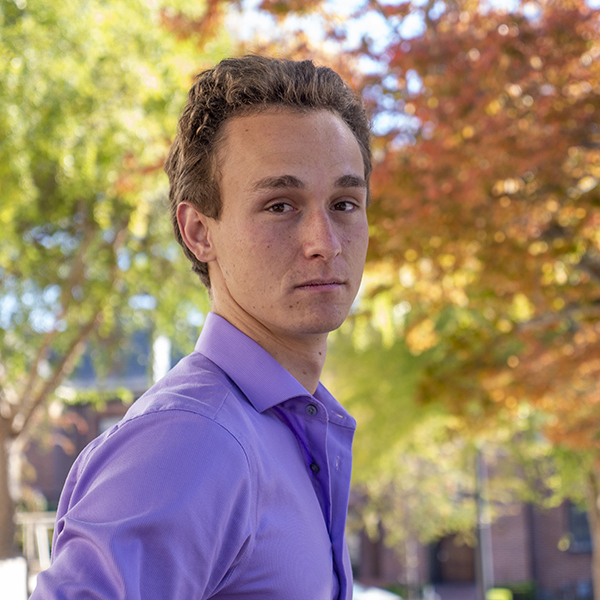 Hometown: San Carlos, CA
Hometown: San Carlos, CA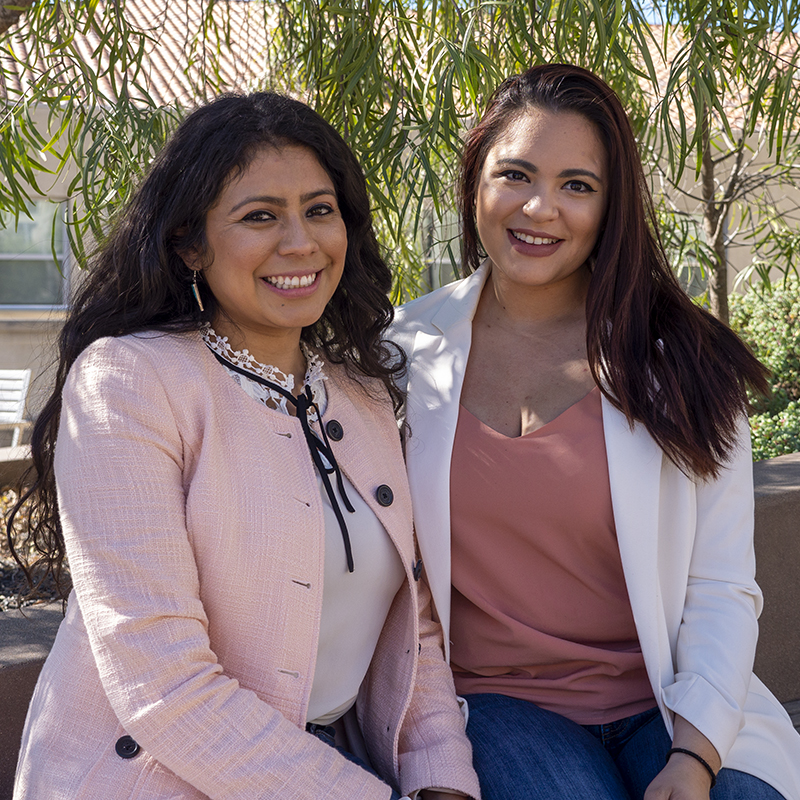 “Be Brown, Be Proud, and Bring That to Law School”
“Be Brown, Be Proud, and Bring That to Law School”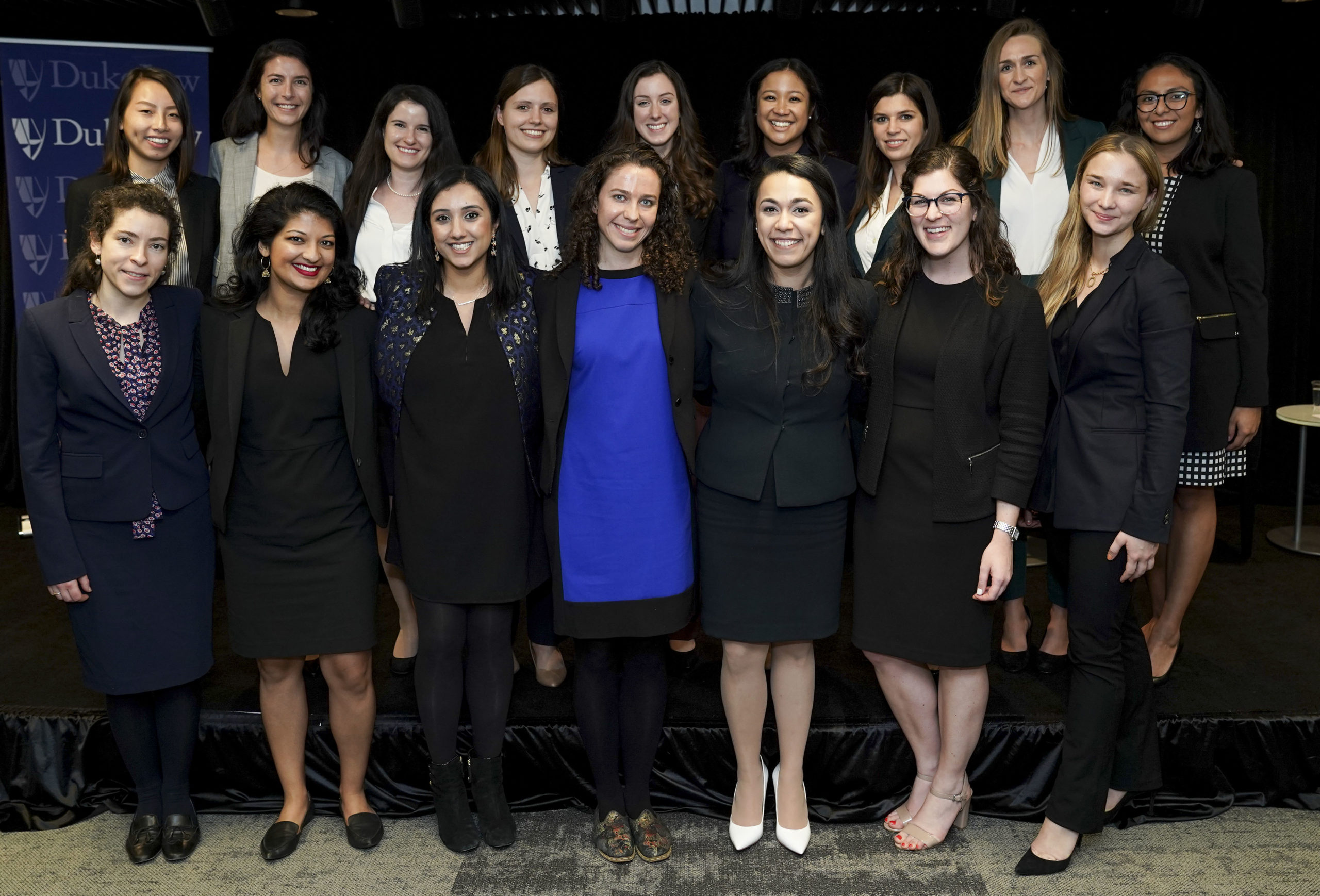
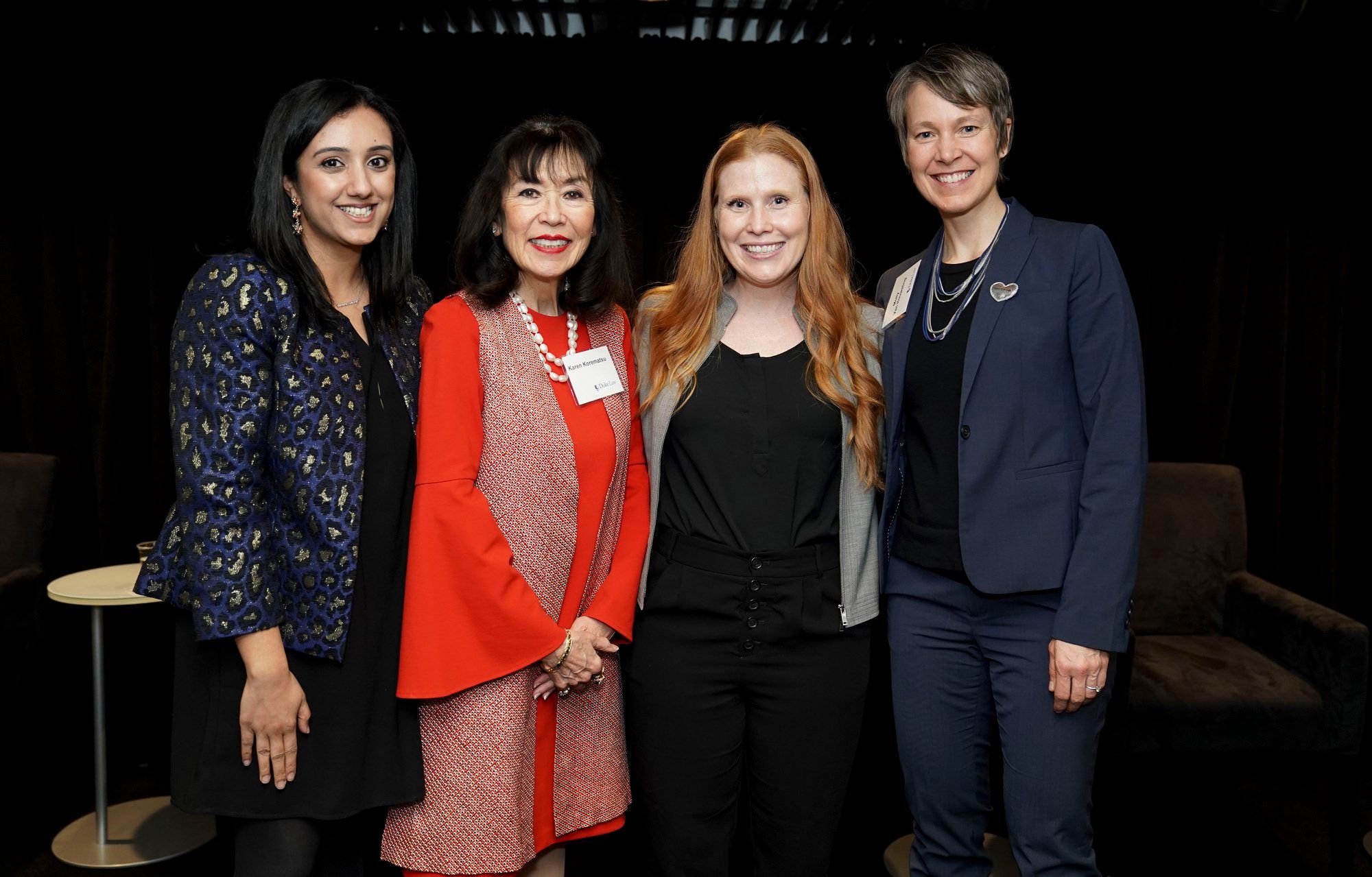
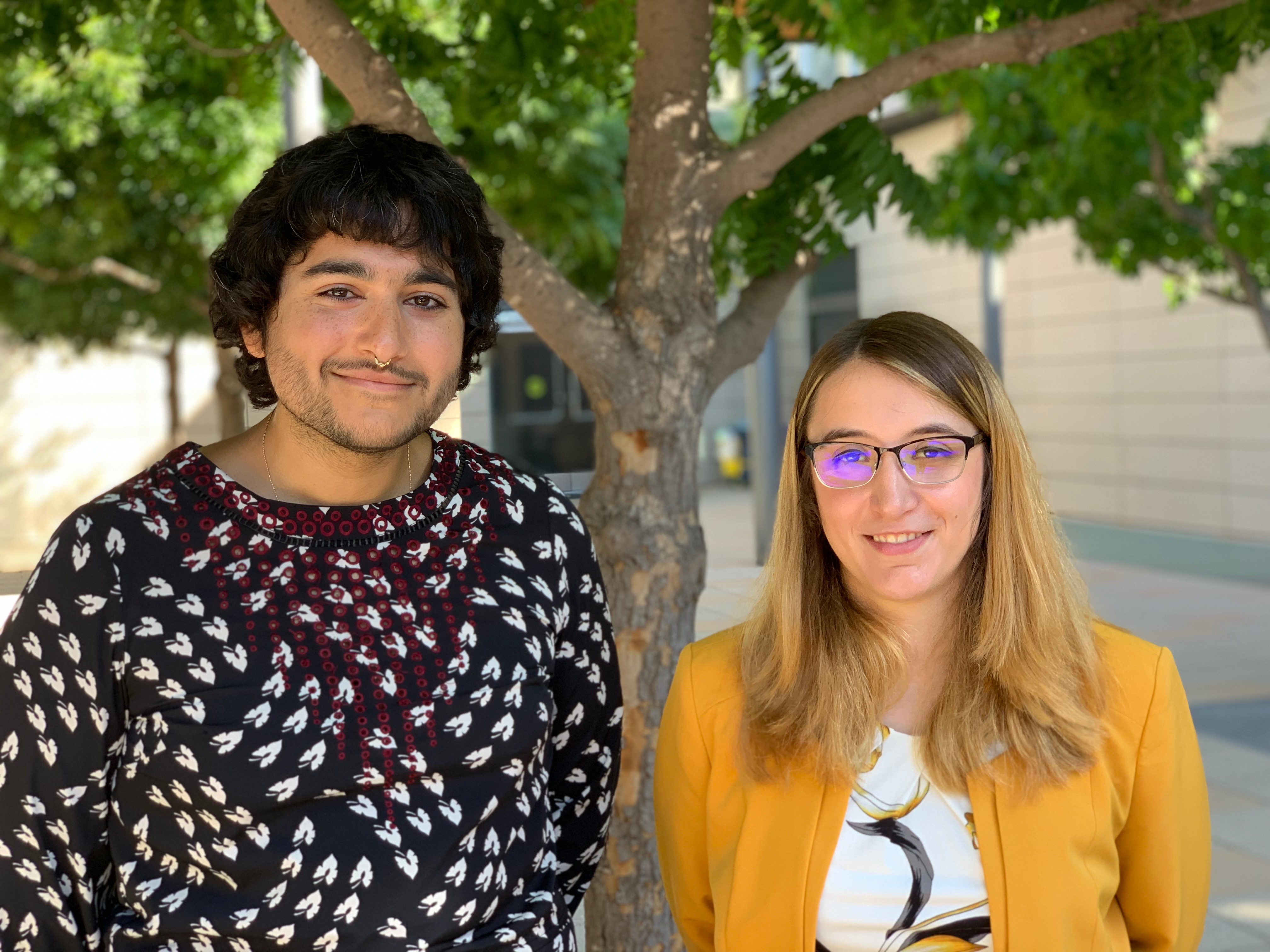 Co-founders of the Legal Automation Workshop, a new Student-Initiated Legal Services Project
Co-founders of the Legal Automation Workshop, a new Student-Initiated Legal Services Project